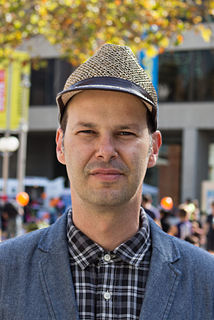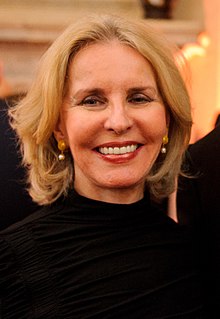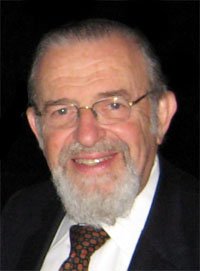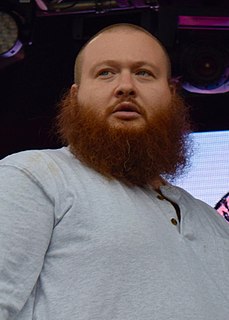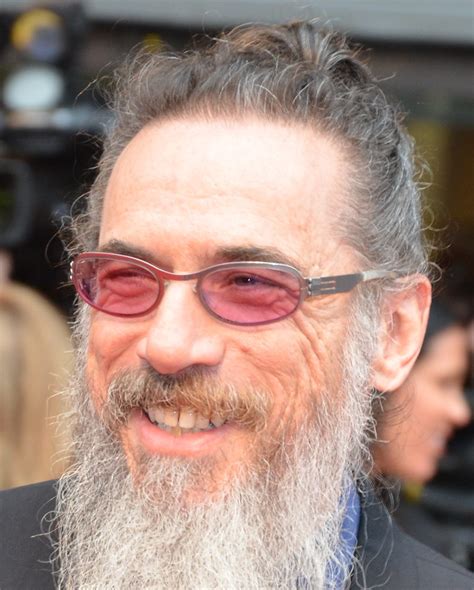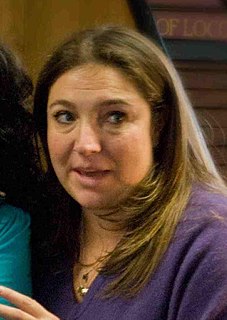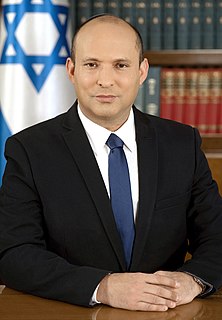A Quote by Noma Bar
Israel is a very young country, a cultural melting pot, and unlike the structured life of the Orthodox Jews, I grew up in a non-religious part of society where people were totally open to new experiences on many levels. I learned that when things are missing, you invent them.
Related Quotes
America always put forth this phony melting pot theory, but it's a reality now. They couldn't accomplish the melting pot economically; they couldn't accomplish it politically, or through education and science. But America has become a consumer society, and I see young people in the cities - of all colors and races - hanging out together over consumerism.
America gave the world the notion of the melting pot - an alchemical cooking device wherein diverse ethnic and religious groups voluntarily mix together, producing a new, American identity. And while critics may argue that the melting pot is a national myth, it has tenaciously informed the America's collective imagination.
We were Orthodox Jews, but we really didn't deserve it. I mean, bacon - my father said, 'Don't put bacon in the house,' but we had bacon. We didn't keep kosher. And we observed which today would be Conservative Jews. But in those days, we belonged to an Orthodox temple. So we made out we were Orthodox Jews, but we really weren't.
People in Israel would write in a high register, they wouldn't write colloquial speech. I do a special take on colloquial speech. When I started writing, I thought [the language] was telling the story of this country: old people in a young nation, very religious, very conservative, very tight-assed, but also very anarchistic, very open-minded. It's all in the language, and that's one thing that doesn't translate.
I grew up in Brooklyn, New York. I grew up in a very Jewish neighbourhood and thought the whole world was like that. My parents were secular, but I went to a very Orthodox Jewish school, and I really got into it. I found it all fascinating, and I was just kind of really attracted to the metaphysical questions.
